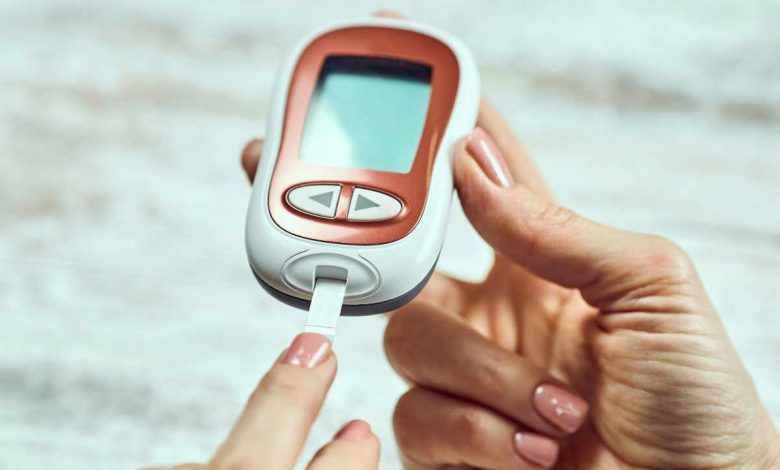Understanding the Importance of Blood Glucose Test Meters for Diabetes Management
Understanding the Importance of Blood Glucose Test Meters for Diabetes Management

Blood glucose test meters play a vital role in the daily management of diabetes, allowing individuals to monitor their blood sugar levels accurately and effectively. These compact devices provide valuable information that helps diabetic patients make informed decisions about their diet, medication, and lifestyle choices. In this article, we’ll delve into the significance of blood glucose test meters in diabetes management, how they work, and tips for selecting the right meter for your needs.
The Importance of Blood Glucose Test Meters
For individuals living with diabetes, maintaining optimal blood sugar levels is crucial for preventing complications and managing their condition effectively. Blood glucose test meters enable diabetic patients to:
1. Monitor Blood Sugar Levels: Regular blood glucose monitoring helps diabetic individuals track fluctuations in their blood sugar levels throughout the day, allowing them to adjust their medication, diet, and lifestyle accordingly.
2. Prevent Hypoglycemia and Hyperglycemia: By monitoring blood sugar levels, diabetic patients can identify and address episodes of hypoglycemia (low blood sugar) or hyperglycemia (high blood sugar) promptly, reducing the risk of complications such as diabetic ketoacidosis or diabetic coma.
3. Evaluate Treatment Effectiveness: Blood glucose test meters provide feedback on how well diabetic patients’ current treatment regimen, including medication, diet, and exercise, is managing their condition, allowing for adjustments as needed to achieve target blood sugar levels.
4. Promote Self-Management: With the ability to monitor their blood sugar levels at home or on the go, diabetic individuals can take an active role in managing their condition and making informed decisions about their health.
How Blood Glucose Test Meters Work
Blood glucose test meters utilize a simple and straightforward process to measure blood sugar levels. Here’s how they work:
1. Blood Sample Collection: A small blood sample is obtained by pricking the fingertip with a lancet. Some meters may also allow for blood sampling from alternate sites, such as the forearm or palm.
2. Test Strip Insertion: The blood sample is applied to a disposable test strip, which contains enzymes that react with glucose in the blood.
3. Glucose Measurement: The meter measures the glucose level in the blood sample based on the chemical reaction on the test strip, displaying the results on a digital screen within seconds.
4. Recording and Analysis: The blood glucose reading is recorded and can be used to track trends over time, evaluate treatment effectiveness, and make informed decisions about diabetes management.
Tips for Selecting a Blood Glucose Test Meter
When choosing a blood glucose test meter, consider the following factors to ensure it meets your needs:
1. Accuracy: Look for a meter that has been clinically validated for accuracy and precision, as reliable blood glucose readings are essential for effective diabetes management.
2. Ease of Use: Choose a meter with a user-friendly design, large display screen, and intuitive interface for easy navigation and operation, especially for individuals with dexterity or vision impairments.
3. Sample Size and Test Time: Consider the sample size required for testing and the time it takes to obtain results, as meters with smaller sample sizes and shorter test times offer greater convenience and comfort.
4. Data Management Features: Opt for a meter that offers features such as memory storage, data transfer to a computer or smartphone, and trend analysis tools to help track and manage blood glucose levels effectively.
Conclusion
In conclusion, blood glucose test meters are indispensable tools for individuals living with diabetes, providing valuable insights into their blood sugar levels and facilitating proactive management of their condition. By monitoring blood glucose levels regularly and accurately, diabetic patients can make informed decisions about their treatment, diet, and lifestyle, ultimately leading to better health outcomes and improved quality of life.
When selecting a blood glucose test meter, prioritize accuracy, ease of use, sample size, test time, and data management features to ensure it meets your specific needs and preferences. With the right meter by your side, managing diabetes becomes more manageable and empowering.









